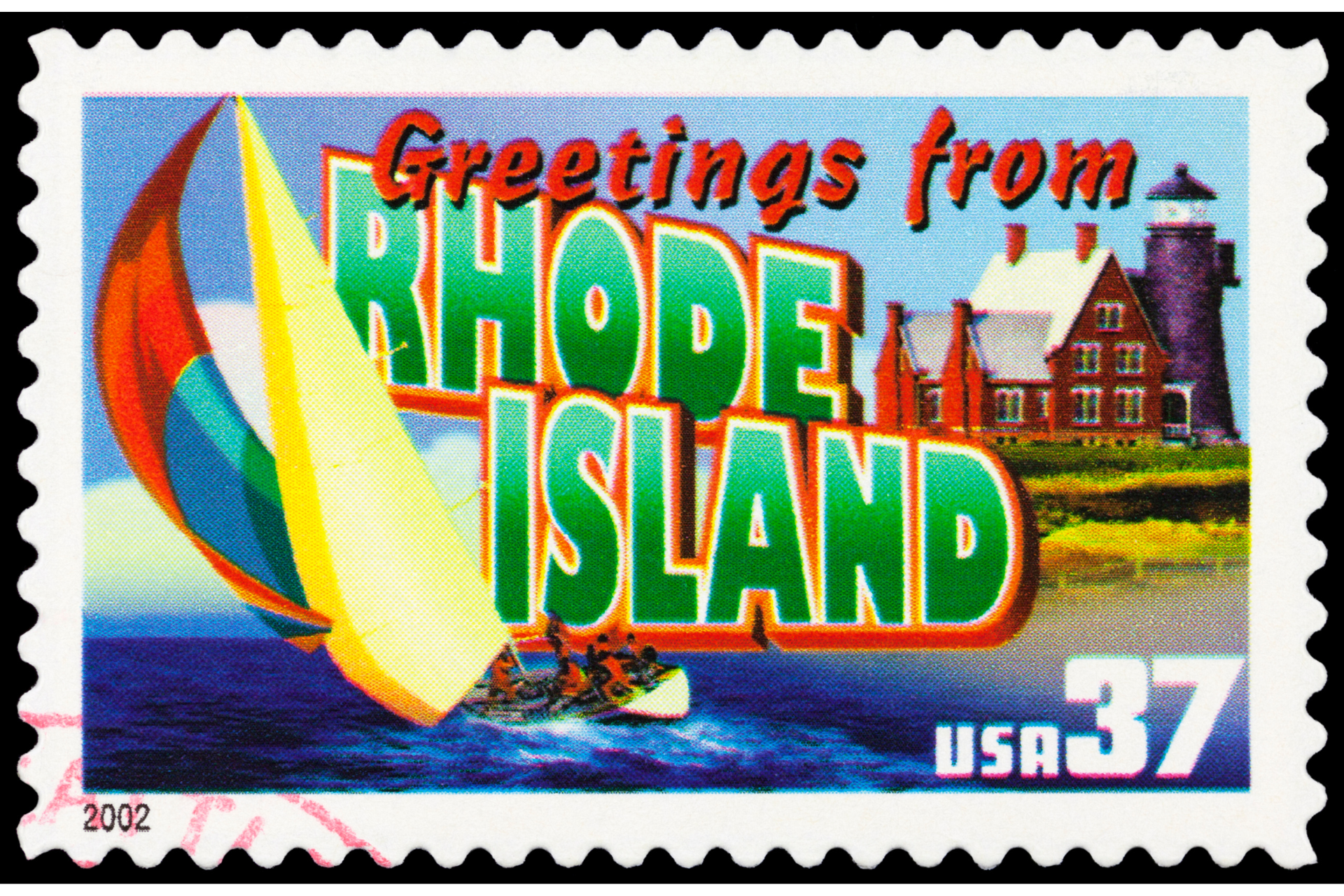Puerto Rican economist José Caraballo Cueto has published a new study: “The Puerto Rico Economy Under Different Political Statuses.” In it, Caraballo Cueto compares possible economic outcomes under either statehood or independence for Puerto Rico. The project was funded by the Open Society Foundation and presented at a meeting of the Puerto Rico Chamber of Commerce (CCPR).
Under statehood
Caraballo Cueto notes that statehood would bring equity in federal funding, estimating that the Island would receive an additional $6 billion per year in federal finds. Currently, programs like food stamps, Medicaid, and Medicare are meagerly funded in Puerto Rico compared with the states, and Caraballo Cueto assumes that most additional federal funding would be in these areas.
“If that assumption is applied,” Caraballo Cueto states, “the result would be that there would be more economic activity in all sectors, more employment, and inequality would decrease because you are giving more income to the lower classes, which is necessary for poor people,” he added.
In practice, having two senators and four voting members of the House of Representatives would be likely to lead to additional federal funding.
Caraballo Cueto also assumes that taxation would have major effects. Puerto Rico currently has the highest levels of sales tax and local tax in the United States, and Caraballo Cueto assumes that federal income tax, which is currently not imposed on most wages earned in Puerto Rico, would be added on. “In Puerto Rico, the rate at the individual level is 31%, and if I add the federal 21%, most of your net income would be paying a tax and it would be the highest jurisdiction than California, which pays 13.5% in taxes,” the Weekly Journal quoted him as saying.
In fact, most residents of Puerto Rico do not earn enough to pay federal income tax. Instead, they would receive refundable tax credits which have not always been available in Puerto Rico. Those who benefit from Puerto Rico’s special tax breaks for wealthy individuals would indeed pay more in taxes, but the majority of residents would not.
Governor Pierluisi confirmed, in response to Caraballo Cueto’s presentation, that Puerto Rico’s local taxes would be reduced if Puerto Rico becomes a state.
Caraballo Cueto also predicted that tourism and agriculture would benefit from statehood. Every territory that has become a state has been more prosperous as a state than as a territory. The most recently admitted states, Alaska and Hawaii, both showed striking economic growth immediately following statehood.
Hawaii and Puerto Rico: Different Paths, Different Economies
Under independence
Caraballo Cueto pointed out that independence would lead to a reduction in federal funding and no change in taxation. In fact, Puerto Ricans currently pay Social Security taxes and would no longer do so unless a new Republic of Puerto Rico required them. Otherwise, it is impossible to guess what taxation choices the new nation would make. Also, since U.S. citizens living abroad are required to pay U.S. income taxes, it is not necessarily the case that citizens of a new nation of Puerto Rico would not be on the hook for U.S. income taxes. If, as is sometimes suggested, current U,S. citizens could maintain their U.S. citizenship under independence, they would certainly be required to file.
Caraballo Cueto predicts that employment would increase in an independent Puerto Rico. Puerto Rico currently has an unusually low level of labor force participation.
source: tradingeconomics.com
He also figures that the currency would be devalued, that international tourism would increase, and that the new nation could arrange better trade deals with other nations. His paper examines the economic trajectories of a number of former colonies, from Singapore to the Bahamas, lists the claims of separatists, and discusses the possibility of reparations from the United States.
Rep. Jenniffer Gonzalez-Colon (R-PR) pointed out that it is not possible to predict what independence would do economically, since the economic decisions of the hypothetical new nation are unknown.
Caraballo Cueto concludes his paper with this warning: “A change in political status is not in itself a sufficient and instantaneous condition for sustained prosperity.”


